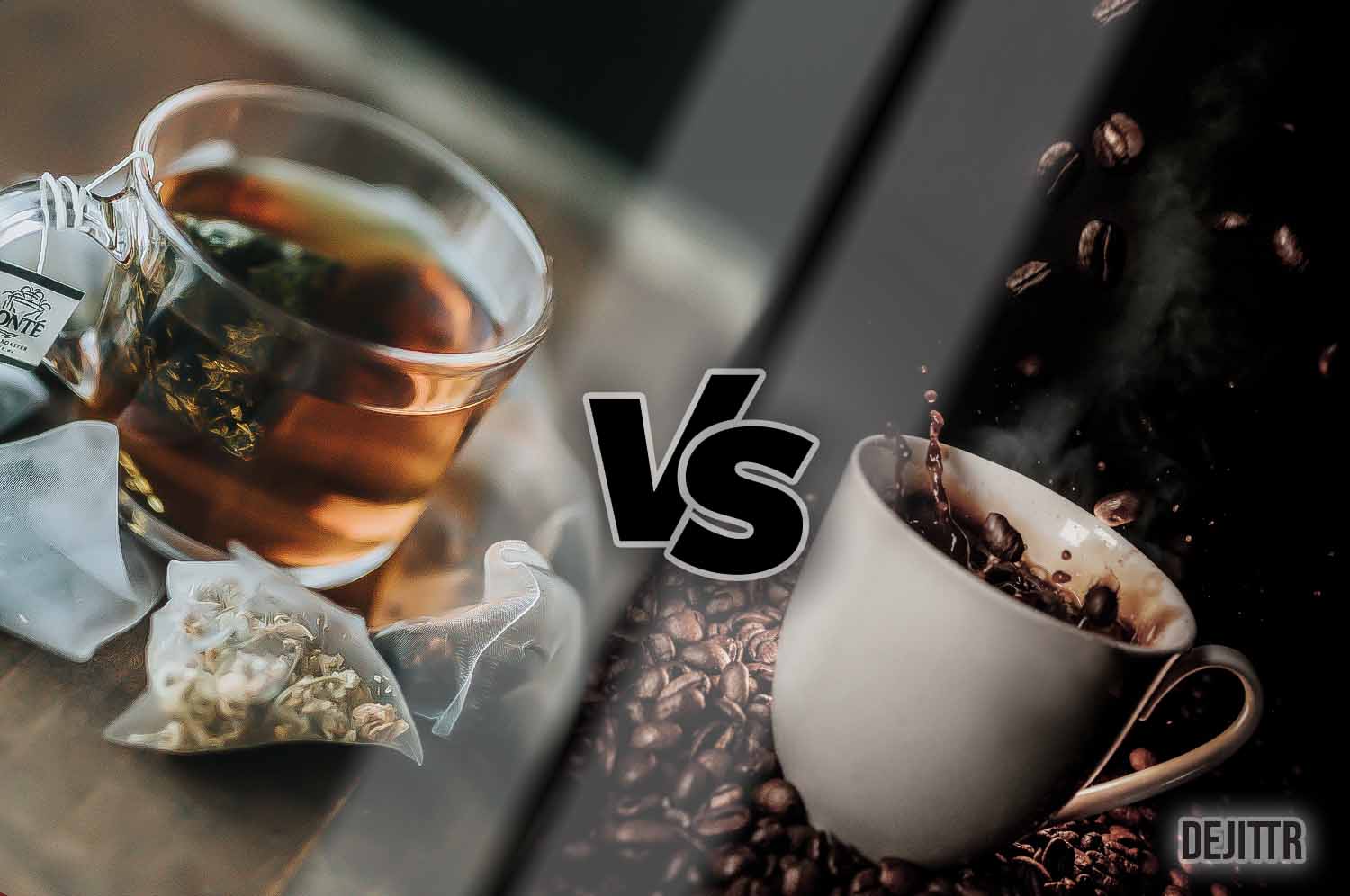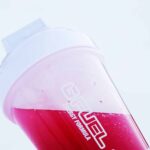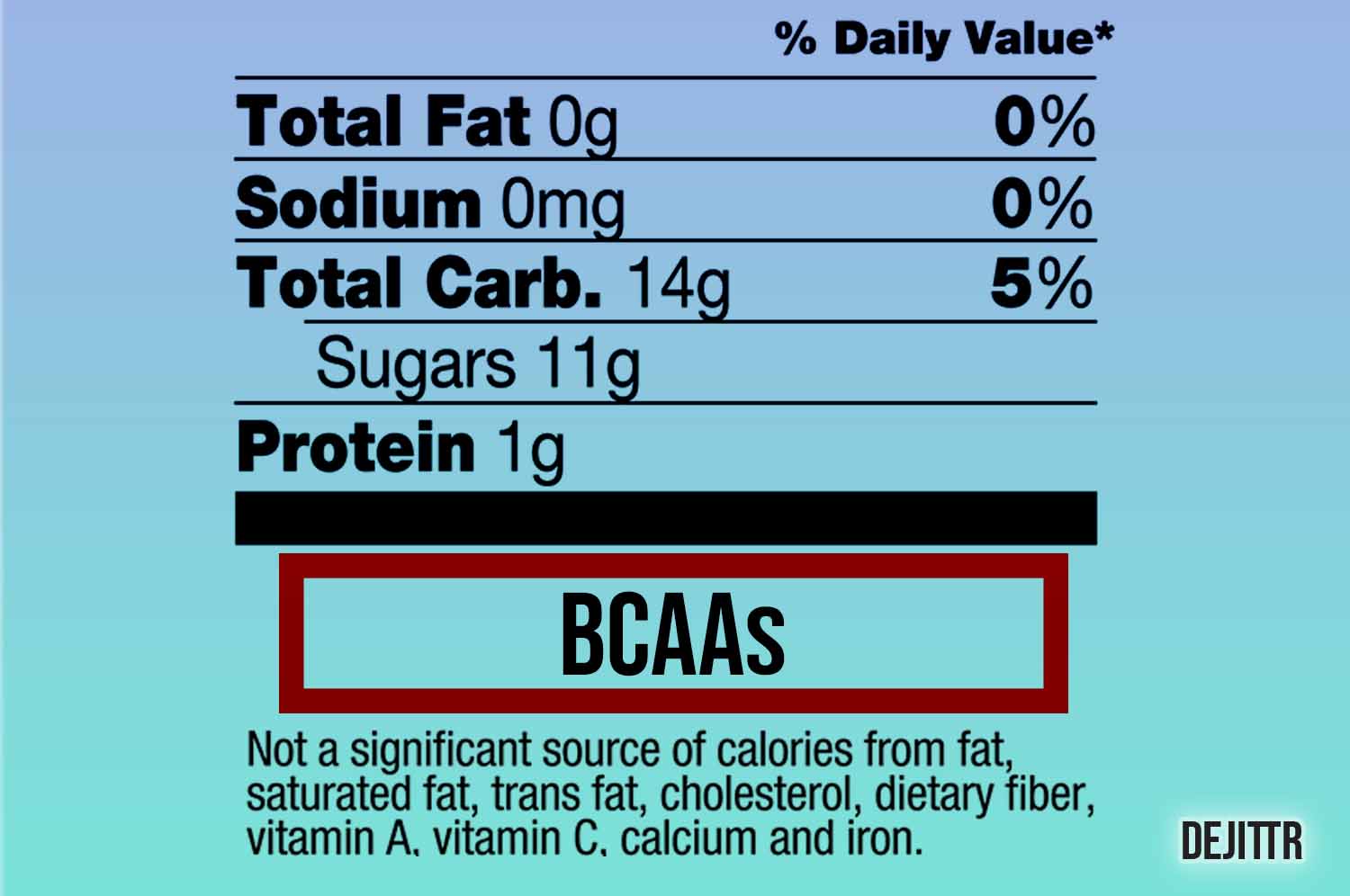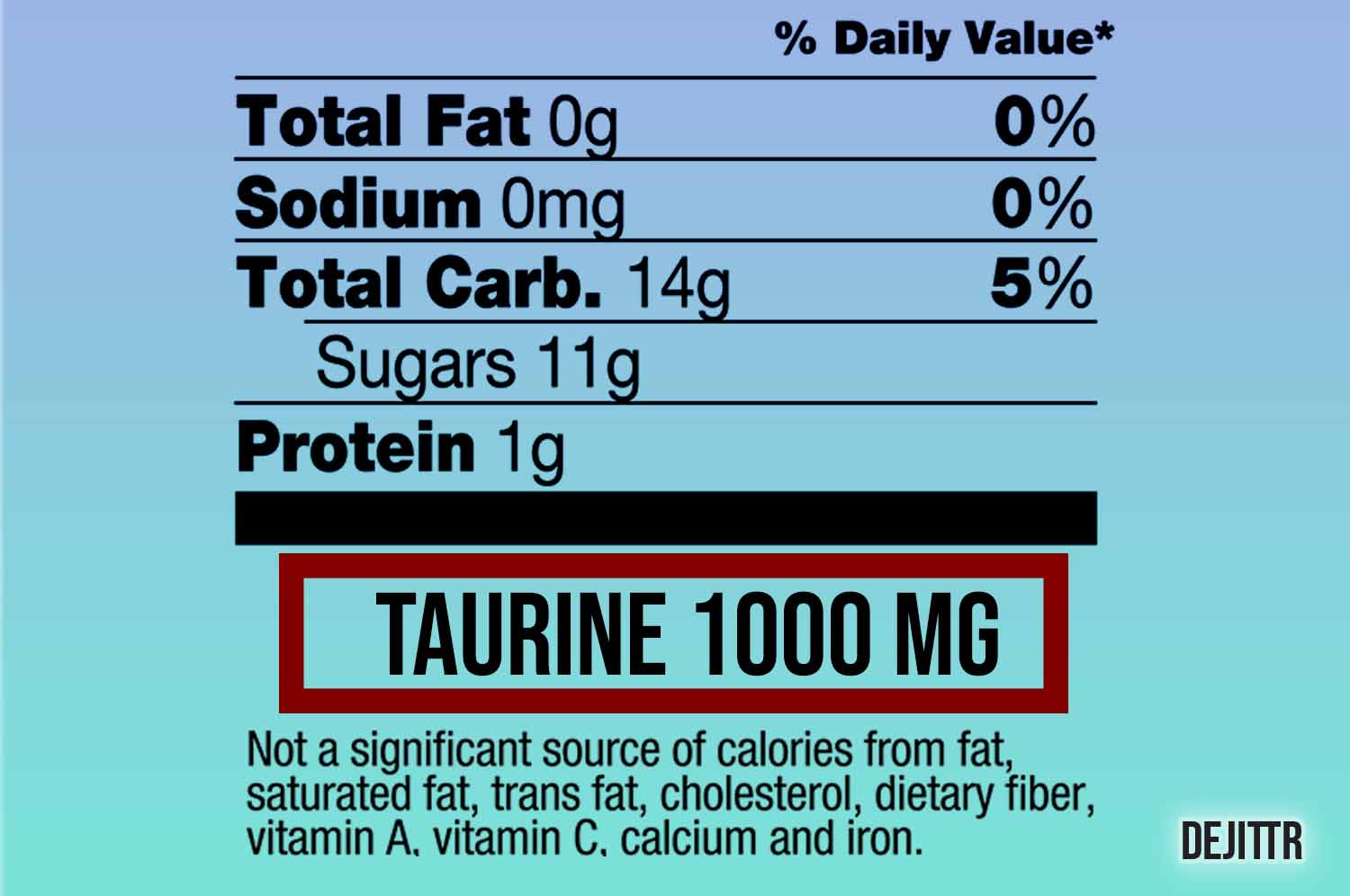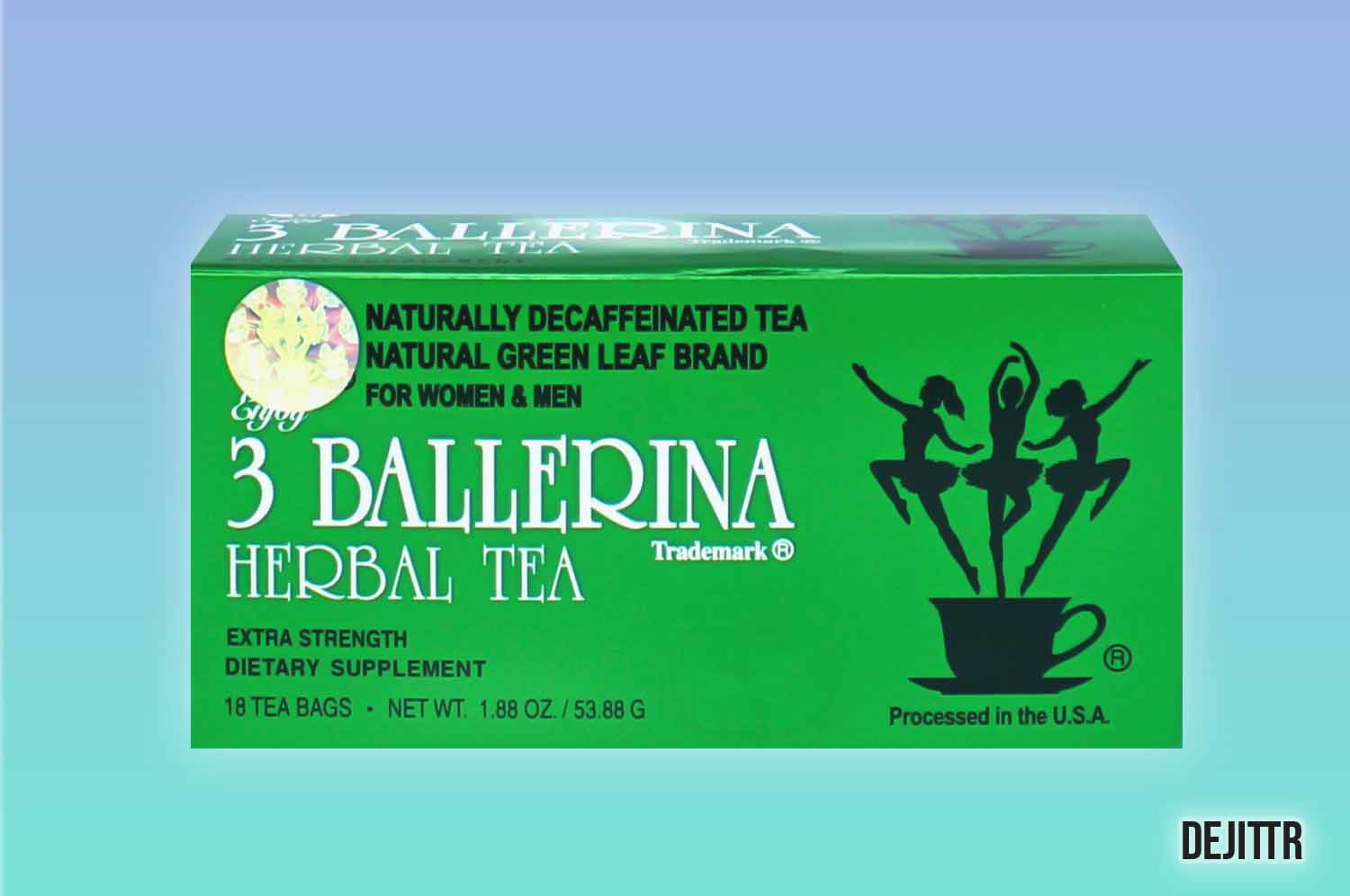On a tiring day or one where you just want to relax, there is nothing quite like a warm drink in your hand. Tea and coffee are the first things that come to mind. And if you are an experienced coffee drinker, you might wonder why does coffee make some people jittery, but tea does not?
Tea and coffee drinks have a huge difference in their caffeine content. Caffeine has a lot of benefits. But for some people, the caffeine content in a cup of java may be too much. And those levels can trigger responses from your body that make you uncomfortable.
Tea, on the other hand, feels much safer. Tea has a more balanced, short supply of caffeine per cup. This can energize people to some extent. But because of this caffeine shortage, tea may not make your body jittery. How do the caffeine contents in tea and coffee compare? Let’s find out.
How Much Caffeine is in Tea vs Coffee?
The caffeine content depends a lot on how you prepare it. This comes after the ingredients themselves – which would be tea and coffee in this case. The caffeine content changes from its first stages when we brew coffee and tea. In comparison, drinkable coffee has a more considerable caffeine content than tea.
Recommended Resource:
One of the goals of our website is to demystify ingredients such as caffeine. We create fun-to-read, in-depth, and medically-backed topics that our users love. Here’s another super helpful resource when you’re done reading this article.
Where tea and coffee come from has a significant influence on their caffeine content. In their first stages, tea leaves have about 3.5% caffeine content. The number is surprisingly smaller for coffee beans, around 1.1-2.2% caffeine content. During the brewing process, this changes.
The caffeine content (in milligrams) of different types of teas and coffee is as follows. Note that this is the caffeine content for every cup or 237 ml of tea or coffee.
Caffeine chart based on Tea
The following tea variations have different levels of caffeine. It is good to remember that the caffeine level would rise when they are in hot water for most of these teas.
| Type of Tea | Amount of Caffeine |
| Black tea | 47-90 mg |
| Green tea | 20-45 mg |
| White tea | 6-60 mg |
| Matcha green tea | 70 mg |
| Yerba mate | 85 mg |
| Herbal tea | Less than 12 mg |
Caffeine chart based on coffee
Espresso shots are the most popular form of coffee. Other than decaf coffee, espresso shots of coffee already contain at least 1.5 to 2 times more caffeine than an average cup of tea. Cold-brew is an even more caffeinated type of coffee that is popular. Let’s look at how much caffeine you’ll be drinking per 30 ml of different kinds of coffee.
| Type of Coffee | Amount of Caffeine |
| Espresso shot | 58 mg |
| Espresso shot | 116 mg |
| Decaf espresso shot | Less than 3 mg |
| Cold-brew | 13 mg |
Sorry to interrupt your reading, but I got something you may enjoy. Check out this Slimming tea by TSL here.
Is Tea Better Than Coffee for Anxiety?
Caffeine is a substance that causes increased energy and attention and lessens tiredness. So naturally, people seek out caffeinated products when they want to feel alert. But for someone with anxiety, too much stimulation from caffeine can lead to jitteriness and restlessness and even trigger an anxiety attack. Between coffee and tea, coffee might make things worse.
A 240ml cup of coffee gives around 96 mg of caffeine. But in the same cup, tea would yield only about 29 mg of it. Aside from the potentially harmful effects of coffee for people with anxiety, there are other reasons why tea is better than coffee for them.
But tea does have a calming effect on you and is much better for anxiety. Tea contains caffeine, yet it is calming. How? Tea’s calming effects lie in a chemical compound called l-theanine. This active ingredient in the drink can fight anxiety and stress and induce a feeling of relaxation.
L-theanine stimulates alpha waves inside our brains. When you drink tea, these waves produce the effects of calmness. The kind of tea you drink could be chai tea, black, oolong, green, white, or purple. The mix of caffeine and l-theanine causes you to feel calmer, alert to your surroundings, and relieves stress.
Any tea from the Camellia sinensis plant has a calming and positive effect on your body. It can give you antioxidants and relaxation and sometimes even help to induce medical benefits.
How Long Do Coffee Jitters Last?
Coffee jitters are the stimulatory effects of caffeine. The amount of coffee you drink will influence how long the results last. Generally, the effects last around 3 to 5 hours.
In a healthy body, the effects of caffeine will start showing up within the first 45 minutes of you drinking it. While the peak effects last for a couple of hours, caffeine takes a while to clear out completely. 8-10 hours is a standard range of time that caffeine can take to get out of your system. Therefore, try not to consume coffee at least 6-8 hours before going to bed.
How to Get Rid of Jitters After Drinking Coffee?
The effects of caffeine are not the same for everybody. Drinking coffee can stimulate products that make your body react too much – and cause jitteriness. The feeling is horrible, but there are ways out of it. For the most part, the way out is to try to calm down and give your body a chance to get rid of the caffeine as fast as possible.
Try to Stay Calm
If your body starts feeling jittery or shaky, the first step is to calm down. Unless you are calm, you can not take the other steps to feel better. Try to use focus methods like identifying things with all of your senses. Have someone else stay with you to make sure they can support you if you feel too bad.
Drink Water – Lots of It
Caffeine dehydrates us. While you wait for the jitters to pass, keep drinking water. There is no set amount of it. Occasionally, sip some water to keep your body refreshed and help it naturally flush the caffeine out.
Use Up the Extra Energy
Move your body. Walking lightly, exercising, or doing anything that requires physically moving can help. These activities help your body wake up, but they can also relieve your shakiness and make you feel calmer.
Meditate
It may seem impossible, but you can take small steps to bring your mind back to the center. Mindful breathing while having your eyes closed can help a lot. Take slow and deep breaths for 5-6 minutes without breaks.
Eat Something Filling
Filling foods with a lot of fiber can reduce the effects of caffeine by slowing it down. Eat foods that digest slowly and are rich in fiber. Grains, beans, nuts, and vegetables with starch are good options in this case.
Take L-Theanine
L-theanine is a well-known chemical compound that induces relaxation and helps fight stress. Taking a drink that contains this substance can help. But remember, it does not fight the caffeine reaction. It only helps your body to reduce stress and feel more comfortable.
In Case You Get Sick
Caffeine can sometimes make your body react so severely that your stomach starts suffering. If that is the case, you may throw up or even get diarrhea. Your body will lose a lot of electrolytes and essential minerals this way, so you have to start replacing them. Electrolyte solutions like Pedialyte or a homemade electrolyte replacement can relieve this deficiency.
Conclusion
Between tea and coffee, the caffeine imbalance is something many of us are unaware of. Hopefully, you are not still wondering why coffee makes you jittery, and tea does not. Just make sure to keep your caffeine balanced when you enjoy these warm drinks.
Photo altered by dejittr.com | Photo attribution: Nathan Dumlao | Ante Samarzija


